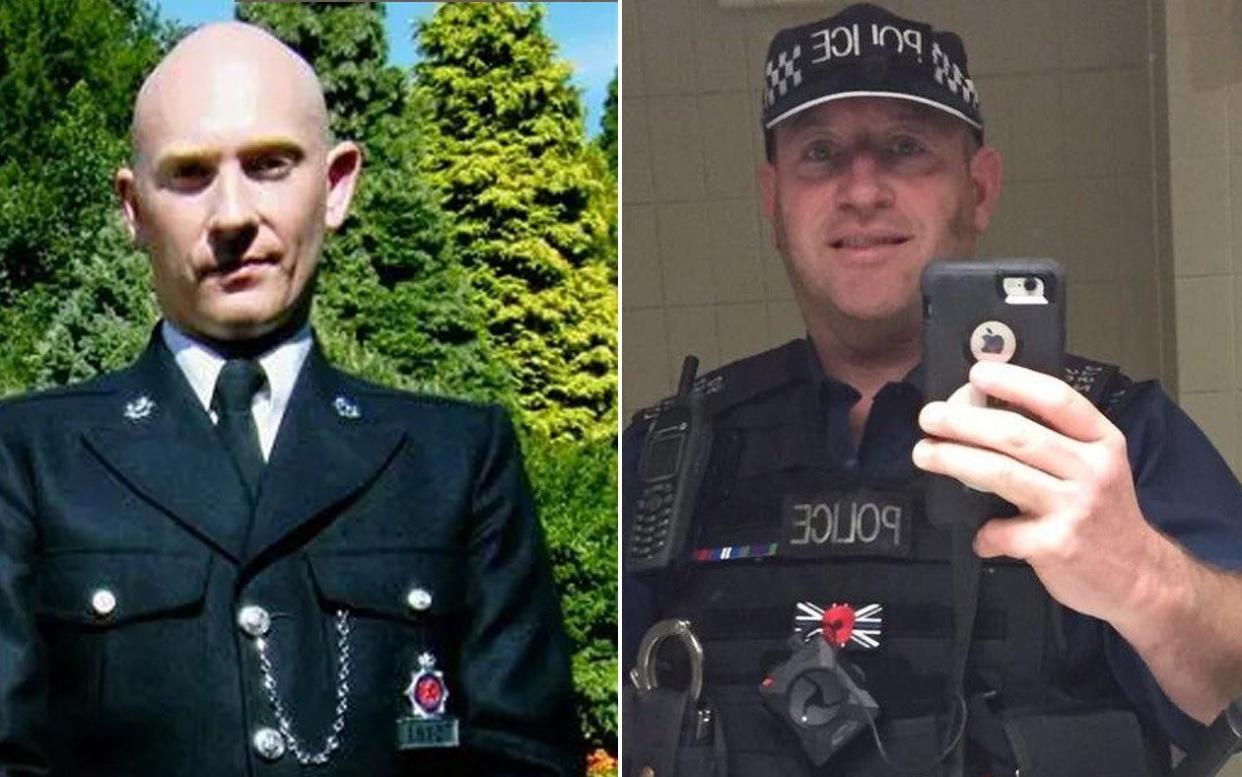Police prepare to back down on ban on naming suspects charged with serious offences

Police chiefs are preparing to back down over secret justice plans that would have allowed forces to withhold the names of suspects charged with serious offences.
After a backlash over the plans, the College of Policing said it did not want to do anything that would “undermine open justice” or deny the public access to information in the public interest.
It is understood the college had been advised by the information commissioner’s office that its current guidance was potentially in breach of data protection legislation.
In a letter to media organisations, the college said no decision would be taken on any changes until the issues had been hammered out in a meeting with the media and information commissioner.
“We understand the depth of feeling on these issues and the public interest in getting any changes to the guidance right,” it said. The current guidance, issued to all police chiefs, is that they “should” name a defendant when they are charged with an offence.
But if the proposals were adopted the language would be watered down, with forces advised they “can” release the information if they wish.
The draft guidance told forces they “must consider their data protection obligations as well as the need for open justice and transparency”.
Rape and sexual violence campaigners have expressed deep unease over the proposals with warnings it will strike a blow to the principle of open justice and could allow serial offenders to get away with crimes.
On Thursday evening, a spokesman for the College of Policing said: "We've listened to the feedback on draft proposals around our media relations guidance and we do not want to do anything that will undermine open justice.
“We'll take a common sense approach, working closely with the Information Commissioner’s Office to try and resolve its issues, and media organisations to ensure journalists continue to have access to the information they need to do their important job."
In the wake of the Leveson Inquiry into press culture and standards in 2012, police forces stopped identifying suspects when they were arrested. But they were still named once they were charged in all but the most exceptional cases.
Victims coming forward
The concern is that if a person’s identity is withheld when they are charged, other victims will not have the information or confidence to come forward to report further offences.
In recent years, a string of dangerous sex offenders and other criminals have been brought to justice after victims were emboldened to come forward following publicity surrounding their arrest or charge.
David Carrick, the former Metropolitan Police officer and serial sex offender, was first arrested on suspicion of rape in July 2021, but his name was not put into the public domain and he was subsequently released without charge.
However, following media coverage of the sentencing of Wayne Couzens another woman came forward and reported him.
He was charged in September 2021 in relation to one victim, but thanks to publicity in the press, other victims came forward and Carrick eventually admitted 49 offences against 12 women.

 Yahoo News
Yahoo News 
